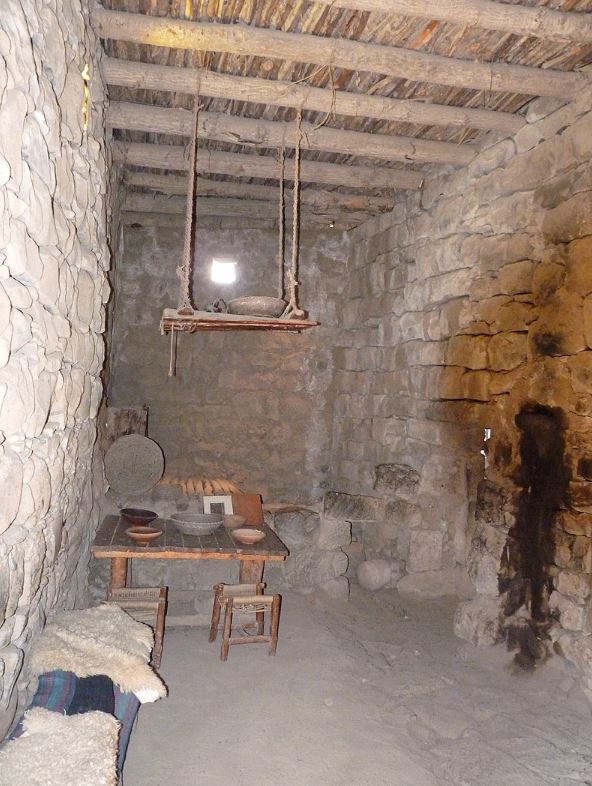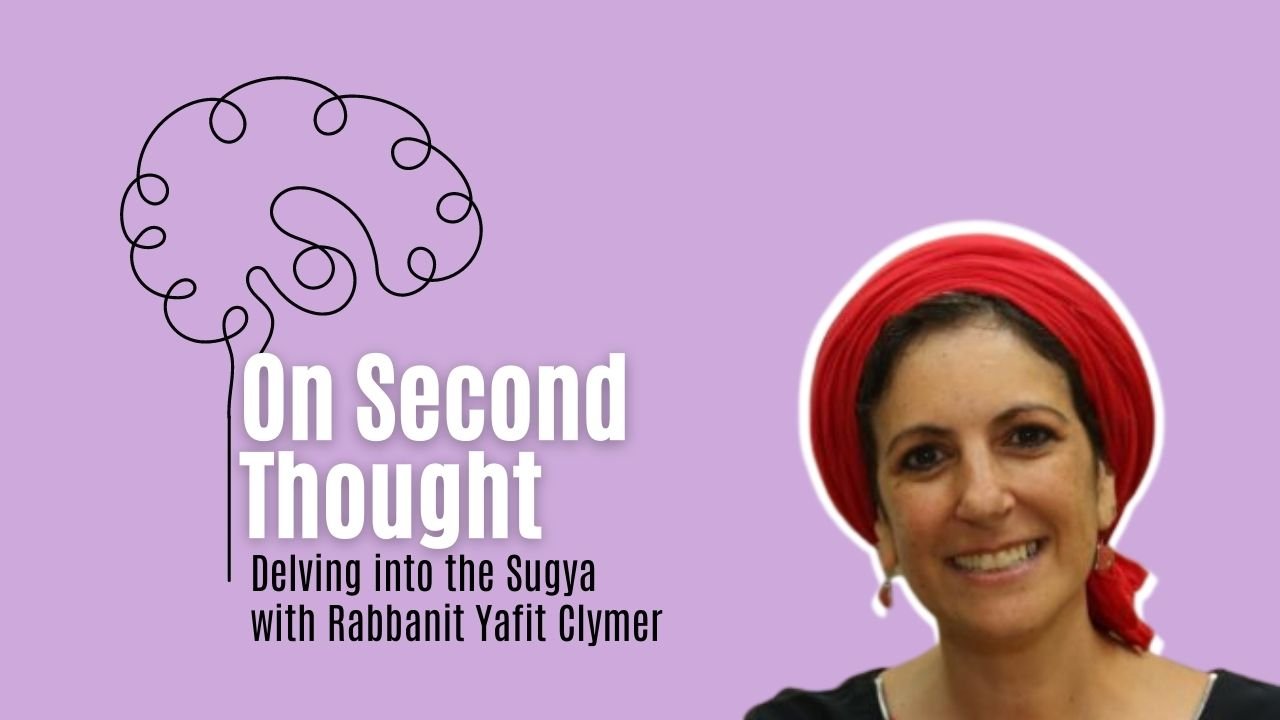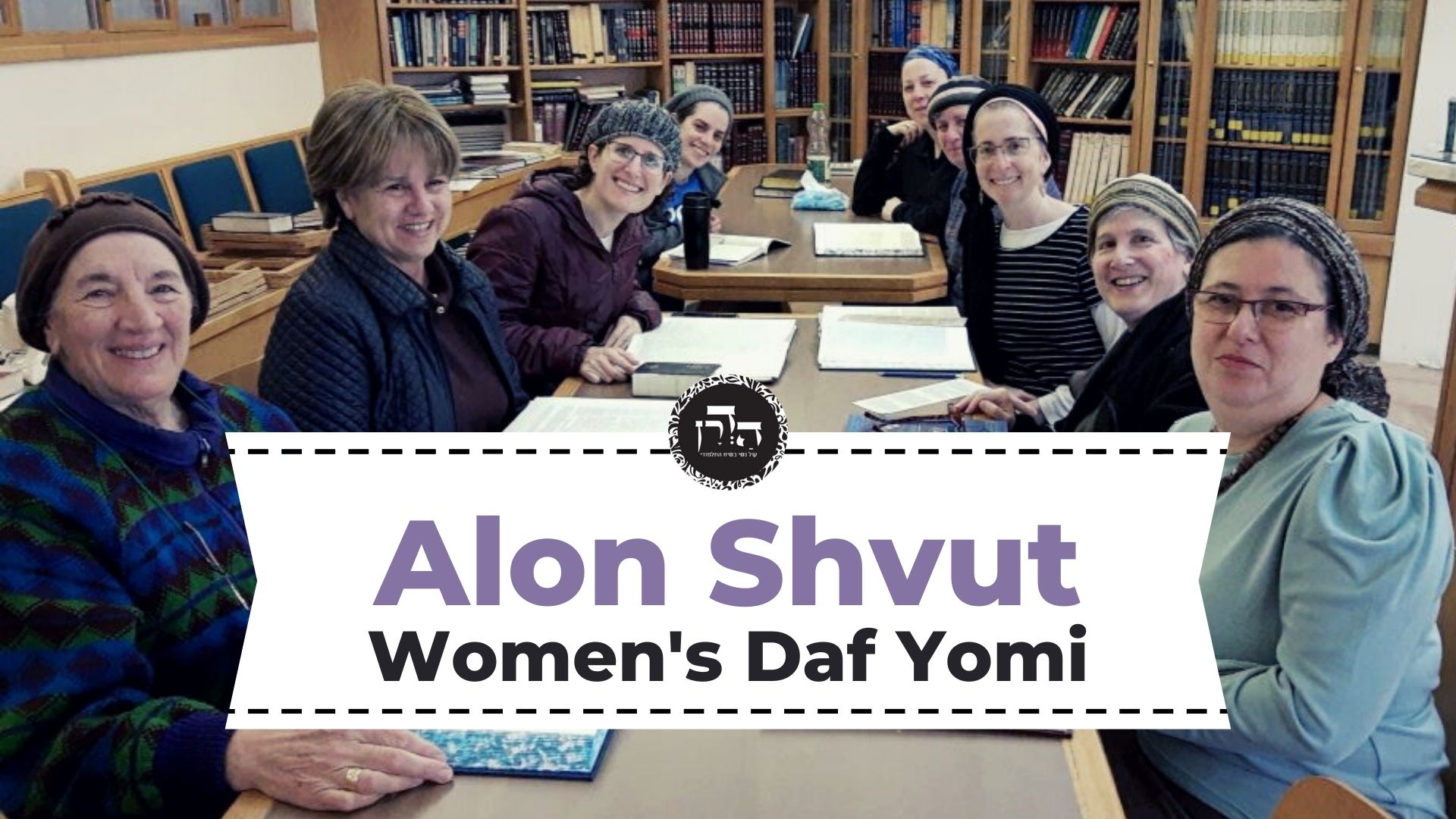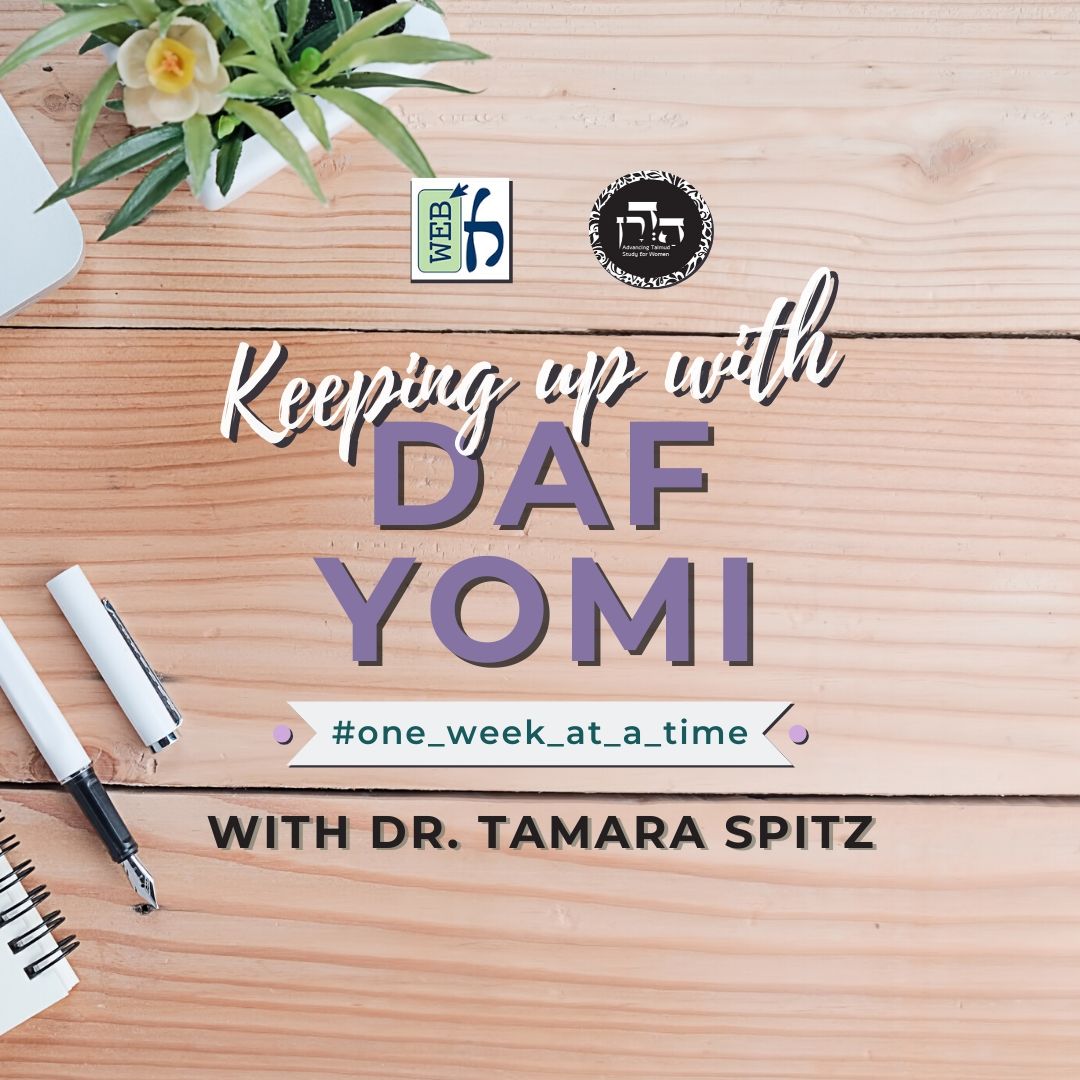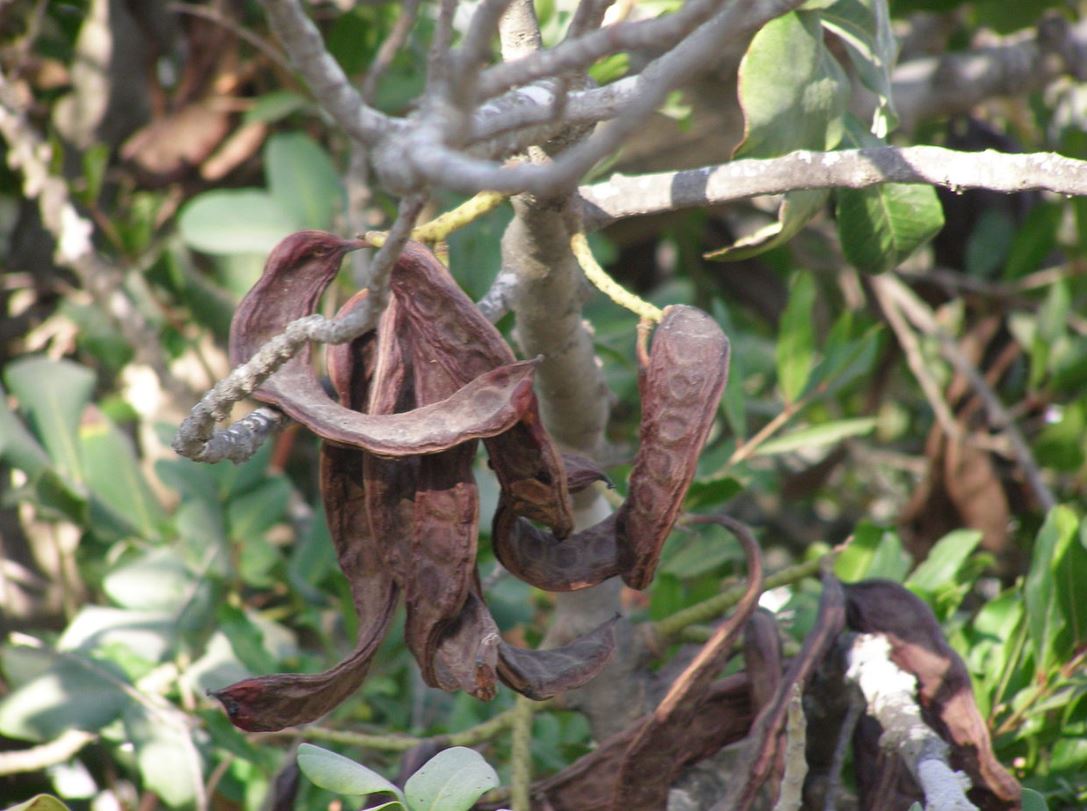How are laws of ownership of the treasury different from ownership of an individual? If one desiginated a pit full of water to the temple, how is that different from one who desingated a pit and after it filled up with rainwater? If one works in a field, one is allowed to eat on the job, likewise for an ox, but if the field is sanctified, one cannot. What are laws of meila if one’s roots went into a field owned by the temple or the reverse? Is there meila in the water that will be used for libations on Sukkot or the aravot? Is there a set amount for the water libations – how does the debate regarding that issue effect the law in our mishna?
This week’s learning is sponsored for the merit and safety of Haymanut (Emuna) Kasau, who was 9 years old when she disappeared from her home in Tzfat two years ago, on the 16th of Adar, 5784 (February 25, 2024), and whose whereabouts remain unknown.
This week’s learning is dedicated of the safety of our nation, the soldiers and citizens of Israel, and for the liberation of the Iranian people. May we soon see the realization of “ליהודים היתה אורה ושמחה וששון ויקר”.
This week’s learning is sponsored for the merit and safety of Haymanut (Emuna) Kasau, who was 9 years old when she disappeared from her home in Tzfat two years ago, on the 16th of Adar, 5784 (February 25, 2024), and whose whereabouts remain unknown.
Want to dedicate learning? Get started here:


Today’s daily daf tools:
This week’s learning is sponsored for the merit and safety of Haymanut (Emuna) Kasau, who was 9 years old when she disappeared from her home in Tzfat two years ago, on the 16th of Adar, 5784 (February 25, 2024), and whose whereabouts remain unknown.
This week’s learning is dedicated of the safety of our nation, the soldiers and citizens of Israel, and for the liberation of the Iranian people. May we soon see the realization of “ליהודים היתה אורה ושמחה וששון ויקר”.
This week’s learning is sponsored for the merit and safety of Haymanut (Emuna) Kasau, who was 9 years old when she disappeared from her home in Tzfat two years ago, on the 16th of Adar, 5784 (February 25, 2024), and whose whereabouts remain unknown.
Today’s daily daf tools:
Delve Deeper
Broaden your understanding of the topics on this daf with classes and podcasts from top women Talmud scholars.
New to Talmud?
Check out our resources designed to help you navigate a page of Talmud – and study at the pace, level and style that fits you.
The Hadran Women’s Tapestry
Meet the diverse women learning Gemara at Hadran and hear their stories.
Meilah 13
וְלֹא לְבֶדֶק הַבַּיִת, לְבֶדֶק הַבַּיִת וְלֹא לַמִּזְבֵּחַ, לֹא לַמִּזְבֵּחַ וְלֹא לְבֶדֶק הַבַּיִת – מוֹעֲלִין בָּהּ. כֵּיצַד?
but is not fit for Temple maintenance, or if it is fit for Temple maintenance but not for sacrifice on the altar, or fit neither for the altar nor for Temple maintenance, nevertheless one is liable for misusing it. The mishna clarifies each of these categories: Fit for Temple maintenance but not for sacrifice on the altar, how so?
הִקְדִּישׁ בּוֹר מָלֵא מַיִם, אַשְׁפּוֹת מְלֵאוֹת זֶבֶל, שׁוֹבָךְ מָלֵא יוֹנִים,
In a case where one consecrated a cistern full of water, the water is not fit for sacrifice on the altar, as only water from the Siloam pool is used for the altar. Nevertheless, it is fit for Temple maintenance, e.g., to knead clay with it for use in reinforcing the walls of the Temple. What is the case of an item fit neither for the altar nor for Temple maintenance? If one consecrated garbage dumps full of manure, the place and its contents are fit neither for the altar nor for Temple maintenance. Rather, they are sold and the money received from the sale is donated to the Temple. What is the case of an item fit for sacrifice on the altar but not fit for Temple maintenance? If one consecrated a dovecote full of pigeons, the pigeons are fit for the altar while the dovecote is not fit even for Temple maintenance.
אִילָן מָלֵא פֵּירוֹת, שָׂדֶה מְלֵאָה עֲשָׂבִים –
Or if one consecrated a tree full of fruit, as the fruit is fit for the altar whereas the tree is not fit even for Temple maintenance. For example, grapes are fit for the altar as wine, but the vines are not fit for Temple maintenance, as they are too flimsy for construction. Another case where the consecrated item is fit for neither the altar nor Temple maintenance is a field full of grass.
מוֹעֲלִין בָּהֶם וּבְמַה שֶּׁבְּתוֹכָהּ.
In all those cases, one is liable for misusing both them and that which is within them, as those that are unfit for use in the Temple will be sold and their money will be used for the altar or for Temple maintenance.
אֲבָל אִם הִקְדִּישׁ בּוֹר וְאַחַר כָּךְ נִתְמַלֵּא מַיִם, אַשְׁפָּה וְאַחַר כָּךְ נִתְמַלָּא זֶבֶל, שׁוֹבָךְ וְאַחַר כָּךְ נִתְמַלֵּא יוֹנִים, אִילָן וְאַחַר כָּךְ נִתְמַלֵּא פֵּירוֹת, שָׂדֶה וְאַחַר כָּךְ נִתְמַלְּאָה עֲשָׂבִים – מוֹעֲלִין בָּהֶם, וְאֵין מוֹעֲלִין בְּמַה שֶּׁבְּתוֹכָהּ.
But if one consecrated an empty cistern and it was subsequently filled with water, or if one consecrated an empty garbage dump and it was subsequently filled with manure, or an empty dovecote and it was subsequently filled with pigeons, or a tree without fruit and it was subsequently filled with fruit, or an empty field and it was subsequently filled with grass; in all these cases one is liable for misusing them but one is not liable for misusing that which is within them. There is no misuse with regard to enhancements that developed in consecrated property.
רַבִּי יוֹסֵי אוֹמֵר: הַמַּקְדִּישׁ אֶת הַשָּׂדֶה וְהָאִילָן – מוֹעֲלִין בָּהֶן וּבְגִידּוּלָהּ, מִפְּנֵי שֶׁהֵן גִּידּוּלֵי הֶקְדֵּשׁ.
Rabbi Yosei disagrees in two of the above cases and says: In the case of one who consecrates the empty field in which grass grew or the empty tree on which fruit grew, he is liable for misusing both them and their growth, because these are growths of consecrated property, despite the fact that they grew there only after the property was consecrated.
וְלַד הַמְעוּשֶּׂרֶת – לֹא יִנַק מִן הַמְעוּשֶּׂרֶת, וַאֲחֵרִים מִתְנַדְּבִים כֵּן. וְלַד הַמּוּקְדָּשִׁין – לֹא יִנַק מִן הַמּוּקְדָּשִׁין, וַאֲחֵרִים מִתְנַדְּבִים כֵּן.
Apropos the growths of consecrated property, the mishna states that an offspring born to a tithed animal before it was tithed may not be given to suckle from the tithed mother, as it is a non-sacred animal that may not be allowed to derive benefit from consecrated property. And there are others who stipulate in this manner, i.e., that the consecration does not apply to the milk. The same is true of the offspring of sacrificial animals born to them before their consecration; they may not suckle from the sacrificial animal. And in this case as well, there are others who stipulate in this manner, i.e., to enable the offspring to suckle.
הַפּוֹעֲלִים לֹא יֹאכְלוּ מִן גְּרוֹגְרוֹת הֶקְדֵּשׁ. וְכֵן פָּרָה מִכַּרְשִׁינֵי הֶקְדֵּשׁ.
The laborers, who are generally permitted to eat the food of their employer, may not eat from consecrated dried figs, if they work with Temple produce. Rather, they can buy food with the money they are paid. And likewise, a cow working with consecrated property, e.g., threshing Temple produce, may not eat from consecrated vetch [mikarshinei].
גְּמָ׳ קָתָנֵי: וְלַד הַמְעוּשֶּׂרֶת לֹא יִנַק מִן הַמְעוּשֶּׂרֶת. מְנָהָנֵי מִילֵּי?
GEMARA: The mishna teaches that an offspring born to a tithed animal before it was tithed may not suckle from the tithed mother, and the same applies to the offspring of a sacrificial animal. The Gemara asks: From where are these matters derived?
אָמַר רַב אַחָדְבוּי בַּר אַמֵּי: אָתְיָא ״הַעֲבָרָה״ ״הַעֲבָרָה״ מִבְּכוֹר, מָה בְּכוֹר מוֹעֲלִין בּוֹ – אַף חֲלֵב הַמְעוּשֶּׂרֶת מוֹעֲלִין בּוֹ.
Rav Aḥadvoi bar Ami said: It is derived through a verbal analogy of the expressions “passing” and “passing,” from the case of a firstborn offering. With regard to animal tithe the verse states: “Whatsoever passes under the rod” (Leviticus 27:32), and with regard to the firstborn offering it is stated: “And you shall cause to pass all that opens the womb, to the Lord” (Exodus 13:12). Just as in the case of the firstborn offering one is liable for misusing all of it, as it is a male and does not have milk, so too, with regard to the milk of a tithed animal one is liable for misusing all of it, i.e., all of it is forbidden, including its milk, as it is part of the tithed animal. Therefore, the offspring may not suckle from the mother.
חֲלֵב הַמּוּקְדָּשׁ נָמֵי, אָתְיָא ״אִמּוֹ״ ״אִמּוֹ״ מִבְּכוֹר.
The other halakha, that the milk of a sacrificial animal is prohibited, is also derived through a verbal analogy, specifically the terms “its mother” and “its mother,” from the case of a firstborn offering. With regard to sacrificial animals the verse states: “When a bullock, or a sheep, or a goat, is born, it shall be seven days under its mother” (Leviticus 22:27), and in the case of the firstborn offering it is stated: “Seven days it shall be with its mother” (Exodus 22:29). Just as one is liable for misusing all of a firstborn offering, so too, one is liable for misusing the milk of a sacrificial animal, i.e., the milk is forbidden, as it is part of the sacrificial animal. Consequently, its offspring may not suckle from the mother.
הַפּוֹעֲלִין לֹא יֹאכְלוּ כּוּ׳. מַאי טַעְמָא? אָמַר רַב אַחָדְבוּי בַּר אַמֵּי דְּאָמַר קְרָא: ״לֹא תַחְסֹם שׁוֹר בְּדִישׁוֹ״, ״דִּישׁוֹ״ – שֶׁלְּךָ, וְלֹא דִּישׁוֹ שֶׁל הֶקְדֵּשׁ.
§ The mishna teaches that the laborers of Temple produce may not eat from consecrated dried figs, and likewise a cow may not eat from consecrated vetch. The Gemara does not ask about the source of the halakha of a laborer, as the verse clearly states in this regard: “When you come into your neighbor’s vineyard” (Deuteronomy 23:25), which does not include a vineyard belonging to the Temple; but the Gemara does ask about the case of the cow: What is the reason for the ruling with regard to a cow? Rav Aḥadvoi bar Ami said: As the verse states: “Do not muzzle the ox during its treading” (Deuteronomy 25:4). The term “its treading” teaches that this prohibition applies to muzzling an ox when it is treading your non-sacred field, and not when it is treading a consecrated field. Since the consecrated produce is prohibited, one must muzzle the ox.
הַדָּשׁ קַלְעִילִין בִּשְׂדֵה הֶקְדֵּשׁ – מָעַל. וְהָא בְּתָלוּשׁ בָּעִינַן! אָמַר רָבִינָא: שְׁמַע מִינַּהּ אַבְקַהּ מְעַלֵּי לַהּ.
The Gemara discusses a similar case: One who threshes his non-sacred kalilin, a type of legume, in a consecrated field is liable for misuse of consecrated items. The Gemara raises a difficulty: But in order for one to be liable for misuse, we require the consecrated item from which one derives benefit to be detached from the ground, whereas the field is the ground itself. Ravina said: Conclude from it that the field’s dust is beneficial for kalilin, and therefore he misuses the detached dust of the consecrated field when he threshes it.
מַתְנִי׳ שׇׁרְשֵׁי אִילָן שֶׁל הֶדְיוֹט הַבָּאִין בְּשֶׁל הֶקְדֵּשׁ, וְשֶׁל הֶקְדֵּשׁ שֶׁבָּאִין בְּשֶׁל הֶדְיוֹט – לֹא נֶהֱנִין וְלֹא מוֹעֲלִין. מַעְיָן שֶׁהוּא יוֹצֵא מִתּוֹךְ הַשָּׂדֶה שֶׁל הֶקְדֵּשׁ – לֹא נֶהֱנִין וְלֹא מוֹעֲלִין. יָצָא חוּץ לַשָּׂדֶה – נֶהֱנִין מִמֶּנּוּ.
MISHNA: With regard to the roots of the non-sacred tree of an ordinary person that enter into consecrated land, and the roots of a consecrated tree that enter into the non-sacred land of an ordinary person, one may not derive benefit from them ab initio, but if he derived benefit from them he is not liable for their misuse. With regard to water of a spring that flows in a non-sacred field but which emerges from that field and flows into a consecrated field, when it is in the consecrated field one may not derive benefit from it ab initio, but if one derived benefit from it he is not liable for its misuse. Once the spring emerges outside the consecrated field one may derive benefit from the water.
הַמַּיִם שֶׁבַּכַּד שֶׁל זָהָב – לֹא נֶהֱנִין וְלֹא מוֹעֲלִין. נְתָנָן בִּצְלוֹחִית – מוֹעֲלִין בָּהֶן.
With regard to the water that was drawn from the Siloam pool into the golden jug, which was not consecrated as a service vessel, to bring it to the altar for libation on the festival of Sukkot, one may not derive benefit from the water ab initio, as it was drawn for use in the Temple service. But if one derived benefit from it he is not liable for its misuse, since it was not consecrated in a service vessel. Once one places the water from the jug for libation into the flask, which is a service vessel, the water is consecrated and he is liable for misusing the water.
עֲרָבָה – לֹא נֶהֱנִין וְלֹא מוֹעֲלִין. רַבִּי אֶלְעָזָר בְּרַבִּי צָדוֹק אוֹמֵר: נוֹהֲגִין הָיוּ הַזְּקֵנִים שֶׁנֶּהֱנִים מִמֶּנּוּ בְּלוּלְבֵיהֶן.
With regard to the willow branches that are placed on the sides of the altar on the festival of Sukkot, before their placement one may not derive benefit from them ab initio, but if he derived benefit from them he is not liable for their misuse. After their placement their mitzva has been fulfilled, and therefore at that time one may derive benefit from the willow branches ab initio. Rabbi Elazar, son of Rabbi Tzadok, says: The elders were accustomed to derive benefit from the willow branches even before their placement on the sides of the altar, by cutting small branches for use in their lulav, in fulfillment of the mitzva of the four species.
גְּמָ׳ אָמַר רֵישׁ לָקִישׁ: אֵין מוֹעֲלִין בְּכוּלָּן, אֲבָל מוֹעֲלִין בְּשָׁלֹשׁ לוּגִּין.
GEMARA: Reish Lakish says: When the mishna teaches that one is not liable for misusing the water in the golden jug awaiting use as a libation, it means that one is not liable for misuse of all of the water in the jug, if it contained more than three log. But one is liable for misusing the three log required for the libation.
וְהָקָתָנֵי סֵיפָא: ״נְתָנוֹ לִצְלוֹחִית – מוֹעֲלִין בָּהֶן״, מִכְּלָל דְּרֵישָׁא אֲפִילּוּ בִּשְׁלֹשֶׁת לוּגִּין נָמֵי לָא!
The Gemara raises a difficulty: But the latter clause of the mishna teaches that once one placed the water from the jug into the flask he is liable for misusing the water. One can conclude by inference that in the case addressed in the first clause of the mishna, where the water is still in the jug, one is not liable for misuse in all circumstances, even if the jug contains only the requisite three log. This apparently contradicts the statement of Reish Lakish.
אֶלָּא אִי אִיתְּמַר אַסֵּיפָא אִיתְּמַר. מוֹעֲלִין בָּהֶן, אָמַר רֵישׁ לָקִישׁ: אֵין מוֹעֲלִין אֶלָּא בִּשְׁלֹשָׁה לוּגִּין.
The Gemara answers: Rather, if a qualification was stated in this matter it was stated with regard to the latter clause of the mishna, which teaches that once the water is placed in the flask one is liable for misusing the water. The qualification is as follows: Reish Lakish says one is liable for its misuse only if the flask contains exactly three log of water, which is the requisite amount for the mitzva. But if there is more than three log one is not liable for misusing any of the water, as it is not consecrated at all.
וְרַבִּי יוֹחָנָן אָמַר – מוֹעֲלִין בְּכוּלָּן. לְמֵימְרָא דְקָסָבַר רֵישׁ לָקִישׁ: יֵשׁ שִׁיעוּר לַמַּיִם, וְהָתְנַן, אָמַר רַבִּי אֱלִיעֶזֶר: הַמְנַסֵּךְ מֵי חַג, בֶּחָג בַּחוּץ – חַיָּיב.
And Rabbi Yoḥanan disagrees and says: Even if the flask contained more than three log of water, one is liable for misusing any of the water. He maintains there is no fixed measure for water used in the libation, and therefore all the water is consecrated for the mitzva. The Gemara asks: Is this to say that Reish Lakish holds there is a maximum measure for the water used in the libation? But didn’t we learn in a mishna (Zevaḥim 110b) that deals with liability for sacrificing outside the Temple that Rabbi Eliezer, or Rabbi Elazar, says: One who pours, as a libation, water consecrated for the libation of the festival of Sukkot, during the Festival, outside the courtyard, is liable to receive karet just as though he sacrificed outside the Temple.
וְאָמַר רַבִּי יוֹחָנָן מִשּׁוּם מְנַחֵם יוֹדָאפָה: רַבִּי אֶלְעָזָר בְּשִׁיטַת רַבִּי עֲקִיבָא אָמַר, דְּדָרֵישׁ ״נִסְכֵּיהֶם״ – אֶחָד נִיסּוּךְ הַמַּיִם, וְאֶחָד נִיסּוּךְ הַיַּיִן.
The Gemara continues: And Rabbi Yoḥanan says in the name of Rabbi Menaḥem Yodafa: Rabbi Elazar says that halakha in accordance with the opinion of Rabbi Akiva, his teacher, who interprets a verse dealing with the offerings of the festival of Sukkot: “Beside the daily burnt offering, its meal offering, and its libations” (Numbers 29:31), as follows: The plural form indicates that the verse is speaking of two types of libations: One is the water libation, unique to the festival of Sukkot, and the other one is the wine libation, which always accompanies the daily offering.
וְאָמַר רֵישׁ לָקִישׁ: אִי מָה יַיִן שָׁלֹשׁ לוּגִּין, אַף מַיִם שָׁלֹשׁ לוּגִּין! מִכְּלָל דְּסָבַר רֵישׁ לָקִישׁ אֵין שִׁיעוּר לַמַּיִם! לְטַעְמָא דִּמְנַחֵם יוֹדָאפָה, קָאָמַר.
And Reish Lakish said to Rabbi Yoḥanan: If Rabbi Elazar derives the obligation for the water libation through the derivation taught by Rabbi Akiva, and that is why he rules that one who pours it as a libation outside the courtyard is liable, then he should equate the libations of wine and water, as follows: Just as with regard to wine the measure for the mitzva is three log, so too here, in the case of water, the measure for the mitzva should be three log. One may conclude by inference from this statement that Reish Lakish himself holds there is no measure for the water used in the libation. The Gemara answers: Actually, Reish Lakish maintains that there is a measure for the water, but he stated his question according to the explanation of Rabbi Menaḥem Yodafa, cited by Rabbi Yoḥanan.
מַתְנִי׳ הַקֵּן שֶׁבְּרֹאשׁ הָאִילָן שֶׁל הֶקְדֵּשׁ – לָא נֶהֱנִין וְלֹא מוֹעֲלִין. שֶׁבָּאֲשֵׁירָה – יַתִּיז בְּקָנֶה. הַמַּקְדִּישׁ אֶת הַחוֹרֶשׁ – מוֹעֲלִין בְּכוּלּוֹ.
MISHNA: With regard to a bird’s nest that is atop the consecrated tree, one may not derive benefit from it ab initio, but if one derived benefit from it he is not liable for its misuse. In order to acquire a bird’s nest that is atop a tree worshipped as idolatry, from which one may not derive benefit even by climbing it, one should dislodge the nest from its place by striking it with a pole. In the case of one who consecrates his forest, one is liable for misusing everything in the entire forest.






